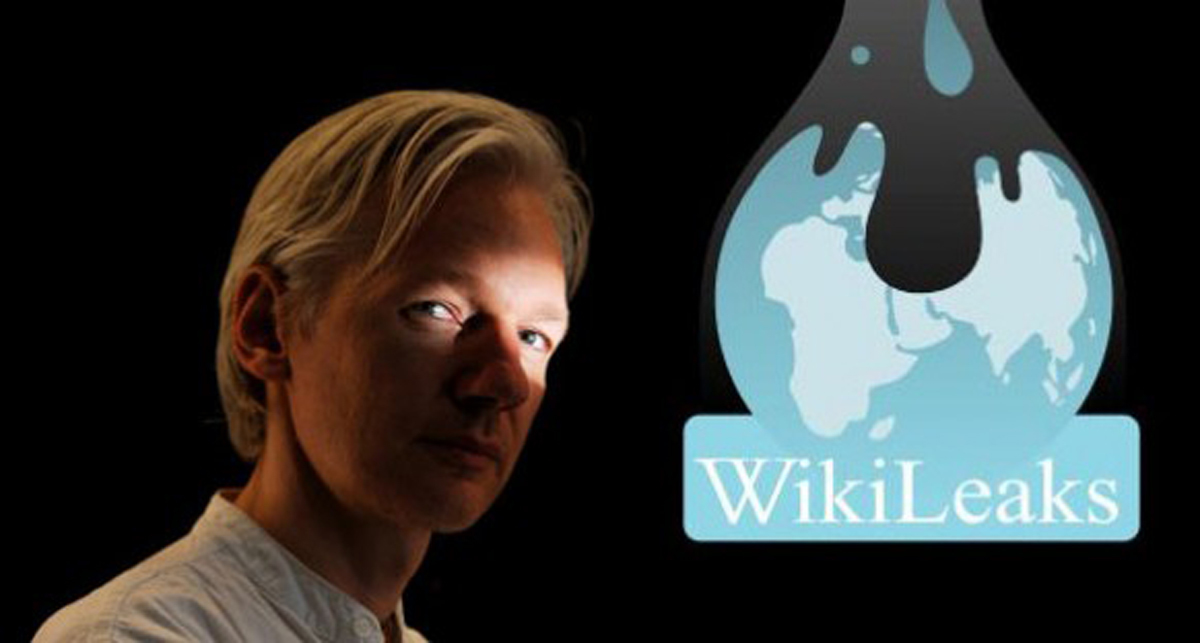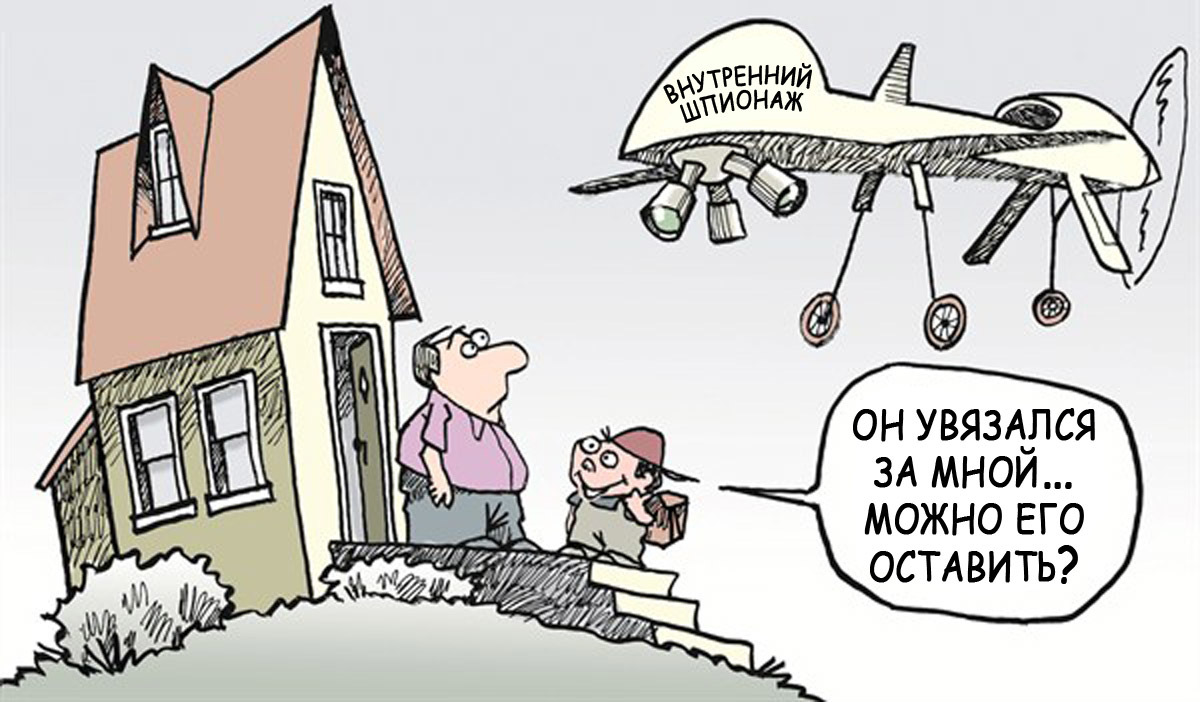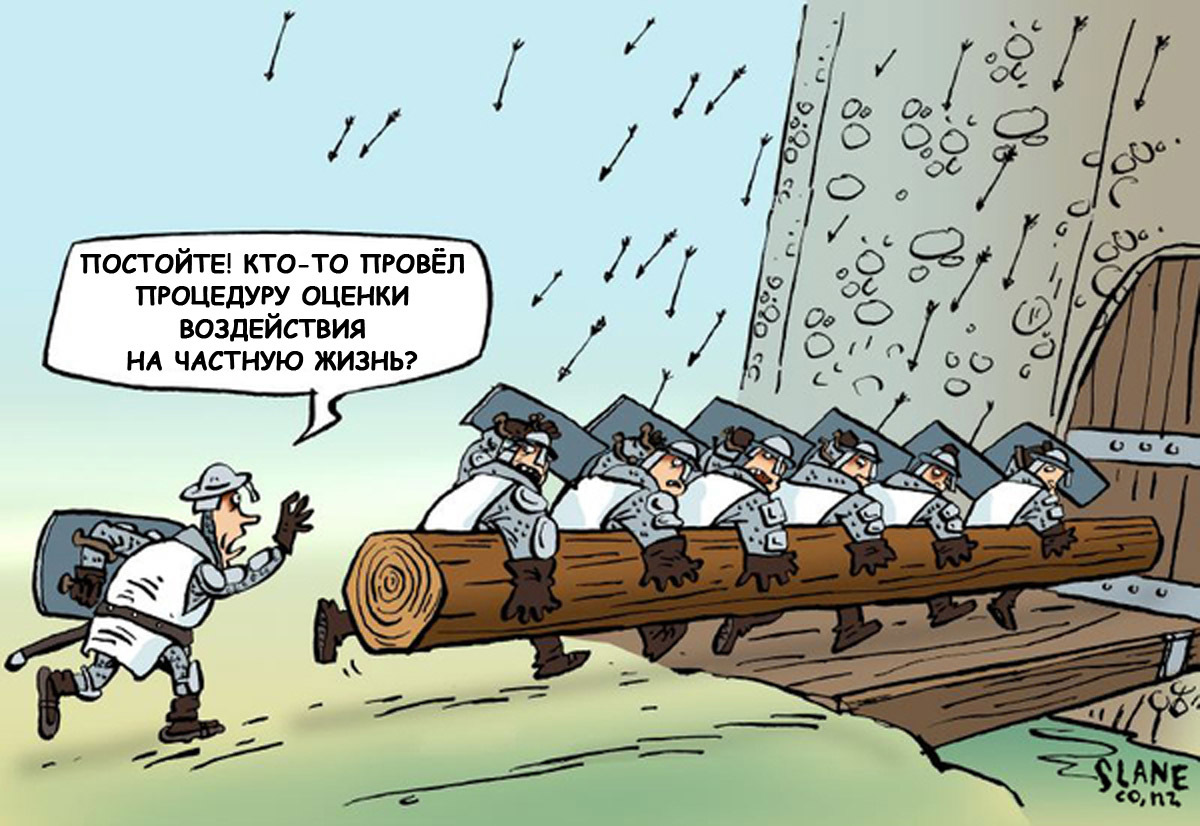WikiLeaks Revolution: Malicious Digest
There are many references to WikiLeaks online now. Especially in light of his oppression by government intelligence agencies. However, there is not much about this systematic and concise information - which may be useful in conducting information security trainings. I present to you my version of such a systematically short description. This article is a concise compendium of thematic clippings of the book "Cipher Banks: Freedom and the Future of the Internet" regarding WikiLeaks.

Over the past six years, the WikiLeaks information project has come into conflict with almost all the influential powers on the planet. The mission of WikiLeaks is to obtain insider information, post it in the public domain and further protect against inevitable legal and political attacks. Influential states and organizations are constantly trying to ban WikiLeaks, but a project that publishes that no one else will publish will initially have protection against such attacks, based on cryptography and the anonymous TOR network. In 2010, WikiLeaks carried out the most famous action today, exposing the abuse of diplomatic secrecy in the army and the US government. These publications are known as Concurrent Assassination, Logs of War, and Cablegate.
Thirst for violence.In response, the US government and its allies launched a cohesive and ongoing attack to this day, with the goal of destroying WikiLeaks in general and Julian Assange - its founder - in particular. For this, the so-called The Grand Jury, which operates without judges or lawyers. In addition, in December 2010, after the Cablegate, various American politicians began to call for extrajudicial reprisals against Julian Assange, including through a strike by an unmanned aerial vehicle (drone). US senators branded WikiLeaks as a "terrorist organization" and called Assange a "high-tech terrorist" and an "enemy agent" involved in the "cyber war."

Direct censorship.Government agencies such as the Library of Congress, the Department of Commerce, and the U.S. Army have blocked access to WikiLeaks on their networks. The blocking did not extend only to the public sector. U.S. government officials have notified higher education institutions that students who hope to enter the civil service should refrain from using WikiLeaks-published materials and not read them online.
Bank blockade.WikiLeaks exists on donations of the people supporting it. In December 2010, key banking and financial institutions, including VISA, MasterCard, PayPal and Bank of America, succumbed to unofficial pressure from the United States and began to refuse to provide financial services to WikiLeaks. The “banking blockade,” as the media called it, is carried out without judicial or administrative orders. What is happening demonstrates that the authorities have the ability to control the financial operations of third parties. This is a direct attempt on human economic freedom. Moreover, the blockade threatening the existence of the WikiLeaks project is an example of a new, very dangerous form of global economic censorship. A number of people, allegedly associated with the WikiLeaks project, had mysterious problems with banks - from errors in details to the complete closure of accounts.
Harassment of supporters.July 17, 2010, Julian Assange was supposed to participate in the HOPE Hacker Conference in New York. He canceled the speech, and Jacob Appelbaum spoke for him. After that, law enforcement agencies began harassing Appelbaum and his relatives. Jacob was often detained, searched, prevented from contacting a lawyer, and questioned while crossing the border whenever he entered or left the United States. His equipment was seized, his rights were violated, threatening with even greater problems. Appelbaum was detained and harassed by more than a dozen US law enforcement agencies - from the immigration and customs police, reporting to the Department of Homeland Security, to the ground forces. During apprehensions, Appelbaum was pressured to the extent that they were not allowed to use the toilet. At the same time, no charges were brought against him; the authorities never once explained why Jacob Appelbaum was being persecuted. Appelbaum is just one of a long list of friends, helpers, and alleged associates of Julian Assange who have been harassed and watched by US authorities.
Removing electronic records without a warrant. On December 14, 2010, Twitter received an “administrative court warrant”. The U.S. Department of Justice required the company to share information that could be relevant to investigating WikiLeaks activities: account names, message logs, addresses, phone numbers, bank account details, and credit card numbers of people allegedly associated with WikiLeaks. The paper from the court was “warrant 2703 (d)” with reference to the “Law on Stored Information”. According to him, the US government has the right to seek the disclosure of private electronic conversations without a search warrant issued by a judge. In addition, the warrant forbade the company to inform anyone of the requirements.

The reason for the oppression.According to Julian Assange, the harassment of WikiLeaks, Jake, and other WikiLeaks supporters, because technical security and state security are two completely different things. The authorities may not like the fact that your system is technically absolutely reliable. The authorities consider this to be bad, because, from their point of view, security means that they can monitor the system, control it, crack the protection. It’s not at all that WikiLeaks, Jake or someone else wanted to get into the airport, kill someone, hijack a plane, etc. The fact is that they can influence state security by traveling to other countries, talking with people and spreading their ideas. This is the worst thing that can happen today with the authorities - the appearance of a person whose ideas are better than public policy.
And what will you do, dear reader? Are you ready to fight for the freedom of your privacy? Or reconcile with the fact that all your communications are constantly monitored by intelligence agencies, and their records are stored forever?

PS. Before writing a comment on this article, please pay attention to the fact that this comment of yours can be regarded by the special services as an act of support for WikiLeaks. With all the consequences. Are you ready for this?

Over the past six years, the WikiLeaks information project has come into conflict with almost all the influential powers on the planet. The mission of WikiLeaks is to obtain insider information, post it in the public domain and further protect against inevitable legal and political attacks. Influential states and organizations are constantly trying to ban WikiLeaks, but a project that publishes that no one else will publish will initially have protection against such attacks, based on cryptography and the anonymous TOR network. In 2010, WikiLeaks carried out the most famous action today, exposing the abuse of diplomatic secrecy in the army and the US government. These publications are known as Concurrent Assassination, Logs of War, and Cablegate.
Thirst for violence.In response, the US government and its allies launched a cohesive and ongoing attack to this day, with the goal of destroying WikiLeaks in general and Julian Assange - its founder - in particular. For this, the so-called The Grand Jury, which operates without judges or lawyers. In addition, in December 2010, after the Cablegate, various American politicians began to call for extrajudicial reprisals against Julian Assange, including through a strike by an unmanned aerial vehicle (drone). US senators branded WikiLeaks as a "terrorist organization" and called Assange a "high-tech terrorist" and an "enemy agent" involved in the "cyber war."

Direct censorship.Government agencies such as the Library of Congress, the Department of Commerce, and the U.S. Army have blocked access to WikiLeaks on their networks. The blocking did not extend only to the public sector. U.S. government officials have notified higher education institutions that students who hope to enter the civil service should refrain from using WikiLeaks-published materials and not read them online.
Bank blockade.WikiLeaks exists on donations of the people supporting it. In December 2010, key banking and financial institutions, including VISA, MasterCard, PayPal and Bank of America, succumbed to unofficial pressure from the United States and began to refuse to provide financial services to WikiLeaks. The “banking blockade,” as the media called it, is carried out without judicial or administrative orders. What is happening demonstrates that the authorities have the ability to control the financial operations of third parties. This is a direct attempt on human economic freedom. Moreover, the blockade threatening the existence of the WikiLeaks project is an example of a new, very dangerous form of global economic censorship. A number of people, allegedly associated with the WikiLeaks project, had mysterious problems with banks - from errors in details to the complete closure of accounts.
Harassment of supporters.July 17, 2010, Julian Assange was supposed to participate in the HOPE Hacker Conference in New York. He canceled the speech, and Jacob Appelbaum spoke for him. After that, law enforcement agencies began harassing Appelbaum and his relatives. Jacob was often detained, searched, prevented from contacting a lawyer, and questioned while crossing the border whenever he entered or left the United States. His equipment was seized, his rights were violated, threatening with even greater problems. Appelbaum was detained and harassed by more than a dozen US law enforcement agencies - from the immigration and customs police, reporting to the Department of Homeland Security, to the ground forces. During apprehensions, Appelbaum was pressured to the extent that they were not allowed to use the toilet. At the same time, no charges were brought against him; the authorities never once explained why Jacob Appelbaum was being persecuted. Appelbaum is just one of a long list of friends, helpers, and alleged associates of Julian Assange who have been harassed and watched by US authorities.
Removing electronic records without a warrant. On December 14, 2010, Twitter received an “administrative court warrant”. The U.S. Department of Justice required the company to share information that could be relevant to investigating WikiLeaks activities: account names, message logs, addresses, phone numbers, bank account details, and credit card numbers of people allegedly associated with WikiLeaks. The paper from the court was “warrant 2703 (d)” with reference to the “Law on Stored Information”. According to him, the US government has the right to seek the disclosure of private electronic conversations without a search warrant issued by a judge. In addition, the warrant forbade the company to inform anyone of the requirements.

The reason for the oppression.According to Julian Assange, the harassment of WikiLeaks, Jake, and other WikiLeaks supporters, because technical security and state security are two completely different things. The authorities may not like the fact that your system is technically absolutely reliable. The authorities consider this to be bad, because, from their point of view, security means that they can monitor the system, control it, crack the protection. It’s not at all that WikiLeaks, Jake or someone else wanted to get into the airport, kill someone, hijack a plane, etc. The fact is that they can influence state security by traveling to other countries, talking with people and spreading their ideas. This is the worst thing that can happen today with the authorities - the appearance of a person whose ideas are better than public policy.
And what will you do, dear reader? Are you ready to fight for the freedom of your privacy? Or reconcile with the fact that all your communications are constantly monitored by intelligence agencies, and their records are stored forever?

PS. Before writing a comment on this article, please pay attention to the fact that this comment of yours can be regarded by the special services as an act of support for WikiLeaks. With all the consequences. Are you ready for this?
Only registered users can participate in the survey. Please come in.
How do you feel about the fact that absolutely all your communications (phone, mail, SMS, etc.) are eavesdropped and recorded by the security services forever?
- 24.4% I have nothing to hide - let them watch 109
- 23.3% use TOR and cryptography 104
- 1.7% do not use high technology 8
- 8% author, you are paranoid 36
- 4.7% don't understand what is question 21
- 37.6% going to be puzzled by this question 168
